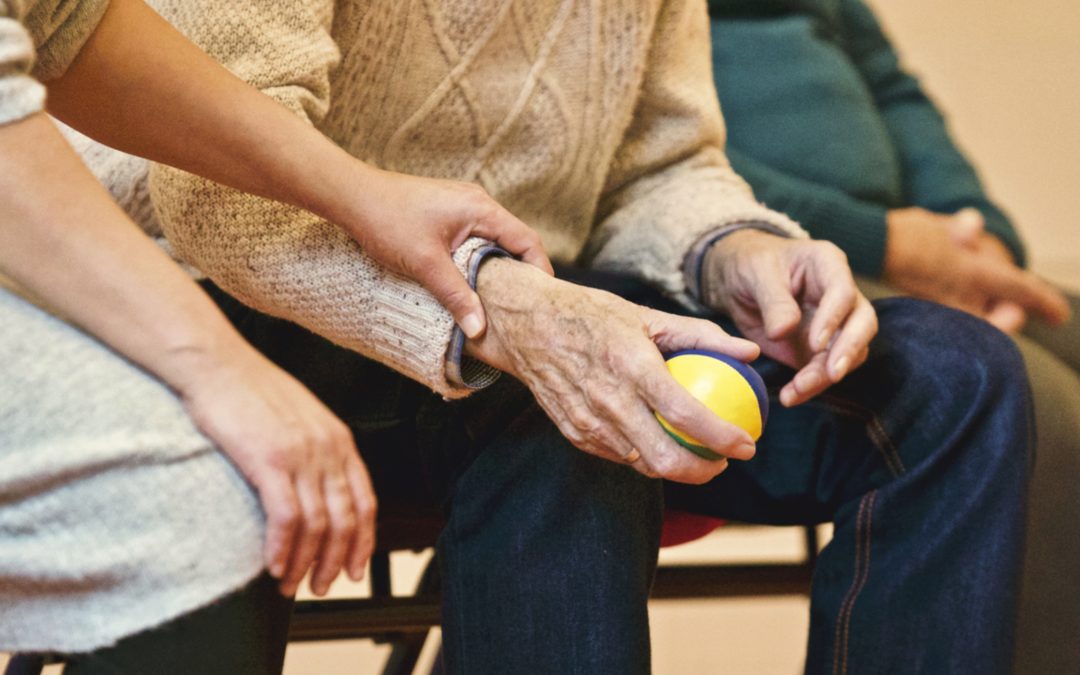For universities to realise their civic mission, they must prioritise not only the employability of their graduates, but also their contribution to society in their future careers and lives.
Higher Education
The higher education sector is in a challenging position. With the announcement last week of a government review of tertiary education funding, and Labour’s commitment to abolishing tuition fees, changes in HE funding seem inevitable. Simultaneously, the number of 18 year olds in the country is declining year on year, and universities suffered a 0.9% decrease in applications as a result. Lack of clarity surrounding the consequences of Brexit adds to the current uncertainties facing the sector.
Indeed, these challenges are compounded by largely negative press coverage over the past year, focusing on ‘free-speech’ and Vice Chancellor’s pay. As Matthew Andrews outlined in December, ‘[universities need] to evolve to come to terms with the needs of a very different world from the one that we’ve been used to’.
Students
This generation of young people will have to tackle a daunting range of challenges facing society. In the UK, how can we rebalance a London-centric economy and tackle soaring levels of homelessness, child poverty and social isolation? Globally, how can we manage the looming danger posed by climate change and a renewed threat of nuclear conflict?
We need as many people as possible focusing energy, time and intellect on tackling this plethora of problems. We need young people to dedicate their careers and lives to making positive social change – through work, in science, engineering, public policy, business, law, and through their actions as volunteers, trustees, consumers and citizens.
Universities have a responsibility to make this happen. Indeed, to realise their value as civic anchors in society and communicate their contribution to the public good, universities must consider how to develop active citizens, as well as employable graduates.
Putting social action at the heart of university strategy
Teaching has a vital part to play, but it is not the sole solution. A core part of this strategy should focus on how to embed quality social action into the student experience. High quality student social action has a double benefit – on the students taking part, and the communities they are working with. For universities, this means supporting the development of skills, behaviours and understanding in their students, and engaging positively with their local communities.
Student Hubs’ own evidence suggests that taking part in social action at university also has a notable effect on the career and life choices young people make. If we are going to support a generation of young people to solve social and environmental challenges, giving them opportunities to approach such issues at a young age is crucial.
Strategic and financial support for social action in UK universities varies hugely. A small number of universities are leading the way, demonstrating not only strategic commitment, but financial investment and best practice learning across the sector. However, in many cases, social action provision sits separately to core areas of strategy; it is under-resourced and lacks quality.
This is a missed opportunity for universities. With the introduction of the TEF and increasing importance placed upon DLHE results, it is understandable that institutions are placing an ever greater focus upon graduate employability when considering investment. Prioritising the development of active citizens need not contradict this – it can help. The #iwill campaign has collected a wealth of evidence that outlines the benefits of social action to employability. Universities should utilise this when planning their strategic and investment priorities.
Last week was Student Volunteering Week, an opportunity to celebrate and showcase the fantastic impact students have in their communities throughout the year. These students are often the exception at their institutions, but that doesn’t have to be the case. It is time for universities to prioritise social action – to better communicate their value at a local and national level, and re-establish themselves as core drivers of social change.


Joy Carter is Vice Chancellor of the University of Winchester and Chair of GuildHE
Francis Wight is Chief Executive of Student Hubs

